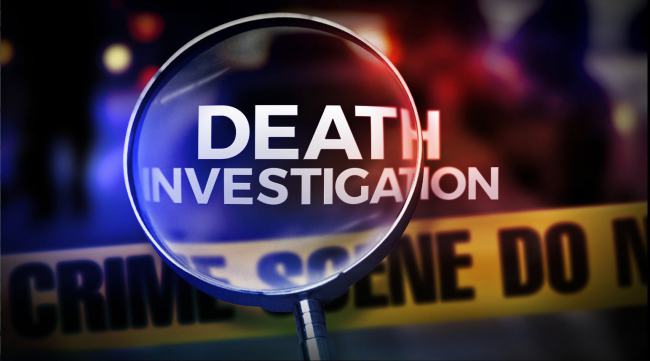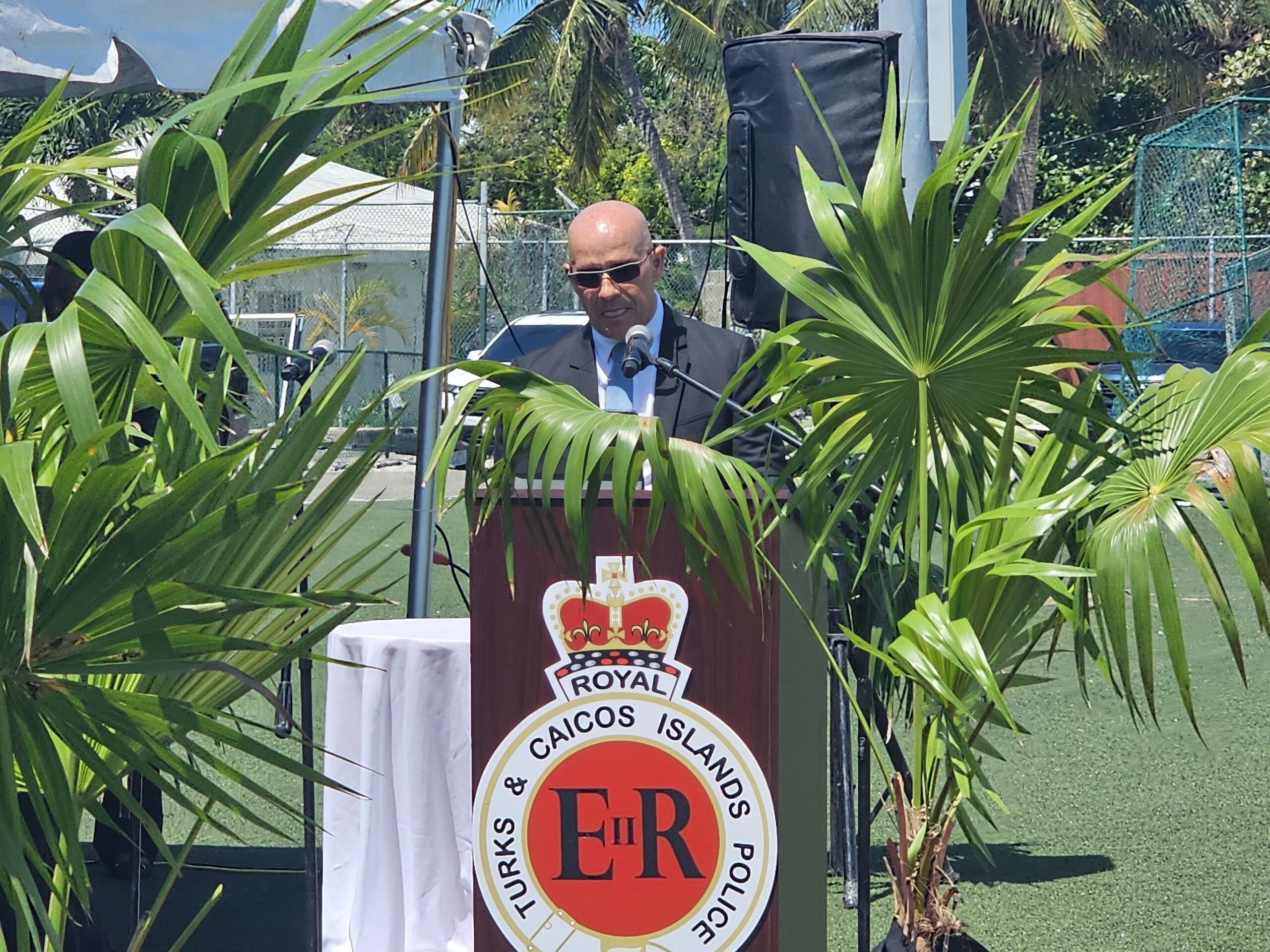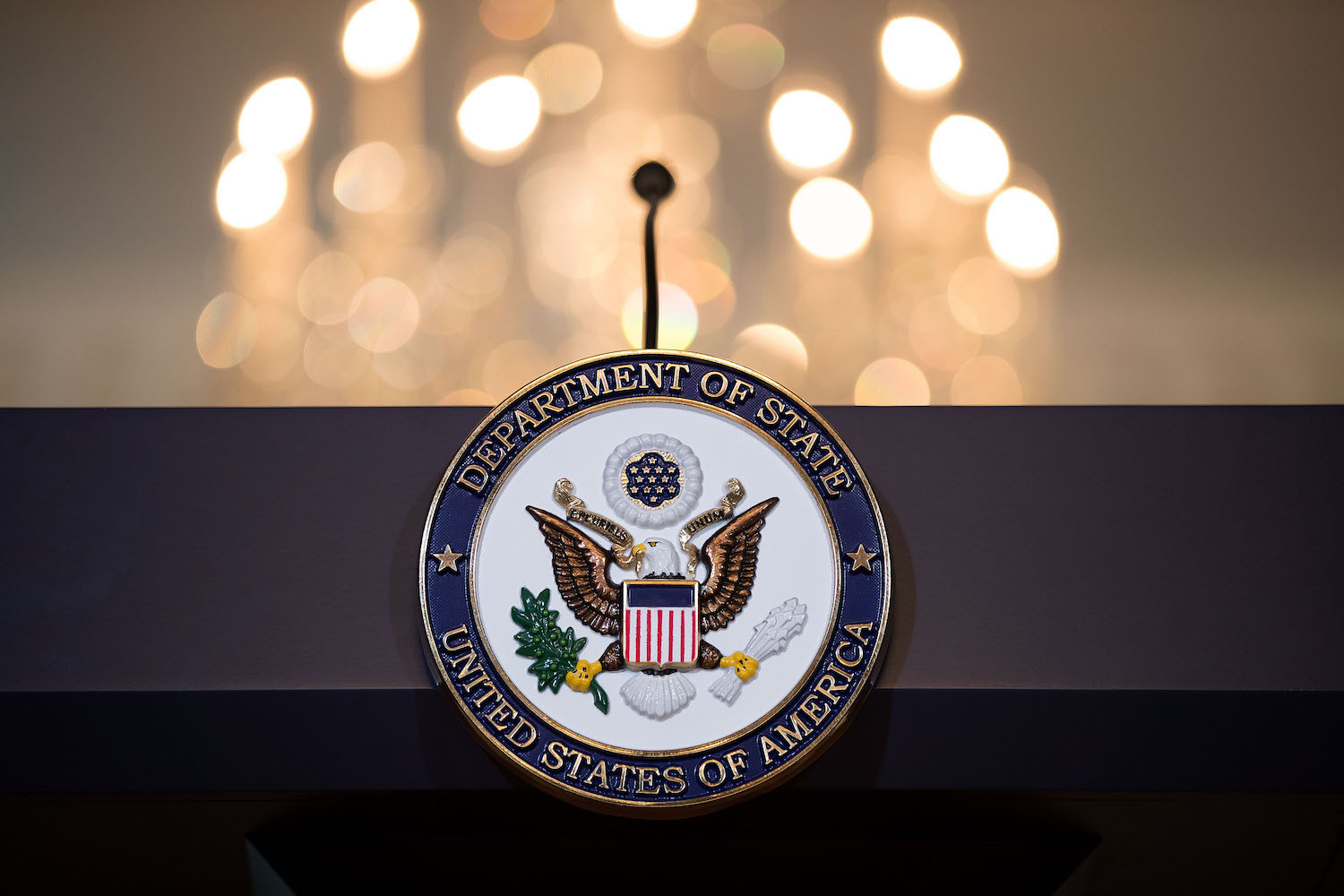Dana Malcolm
Staff Writer
”At this moment I can feel the enormity of responsibility bestowed on me and the weight of accountability and expectations of the Royal Turks and Caicos Islands Police Force (RTCIPF) as well as members of the wider community.”
That was the acknowledgment from Edvin Martin, new Commissioner of Police as he was sworn into his role as head of the Royal Turks and Caicos Islands Police Force (RTCIPF) on Monday, April 22.
“I also feel an unprecedented opportunity and a distinguished privilege to serve by leading the Police Force into an era of modern policing,” he maintained.
A well-trained force that is averse to corruption and maintains the trust of the people is what Martin promised in the address that spoke to the Police, the residents and the criminals.
Not only does the Commissioner say he understands the gravity of his role and the lofty expectations to reverse high crime which he described as a ‘tremendous mandate’, he maintains he has a good grasp of the issues plaguing the country.
To the residents, Martin called on them and all stakeholders to form an anti-crime coalition with an all-hands-on-deck approach.
“There should be no bystanders in addressing the carnage in our communities,” he said.
Even as Martin listed the threats of immigration, terrorism, cybercrime, transnational organized criminal activity, and the associated gang violence, illegal firearms and drug trading, he assured:
”I urge you listening to me today, do not despair, for while these threats may be challenging, they are not insurmountable.”
The process for tackling them will need a tightened-up RTCIPF, according to the commissioner, one that is focused, well trained and adequately resourced.
For Martin this means the Royal Turks and Caicos Islands Police Force (RTCIPF) must retool, restructure and reengineer its responses.
In this vein the top cop spoke directly to officers during his address, maintaining that the public deserves an accountable Police Force.
“As a service organization there will be allegations that cause the public to question our integrity; we must seek out and purge the organization of any semblance of bias, corruption and malfeasance,” he said.
Martin maintained the top brass now has a mandate to work to ensure fairness in work and promotions.
“Anything less than this will be an injustice— we must do everything possible to inspire confidence in our force and improve our legitimacy as gatekeepers of law and order,” said the new Commissioner.
As part of the crime fighting plan several immediate actions are to be taken:
- The immediate and aggressive addressing of the spate violent crimes
- Collaborating with stakeholders to address safety challenges in the tourism industry
- Redefining the Police Force image to become the pride of the TCI
- Greater technological innovation
- Restructure the force to better align with contemporaries
- Frequent Town Hall meetings
- Increased safety at police stations.
Martin had words for the mayhem causers and their ‘glaring disregard for human life and safety’ too.
”Under my watch I can assure you that the RTCIPF will not sit idly by and observe this unrelenting rampage and havoc. Today I call on you to put down your weapons of destruction and change your criminal ways,” he said.
Martin, who recently retired as Grenadian PC is credited with being lead of his home force for five years, serving a total 37 years before bowing out and moving on to head the CARICOM Crime Gun Intelligence Unit.
Only months into that CARICOM job, Edvin Martin was approved and announced as police commissioner designate for the Turks and Caicos Islands, succeeding Trevor Botting.
“My first order of business ladies and gentlemen, this morning, is to give a special thanks to God, as He directs my path in every single thing that I do. I am grateful for His blessings and His guidance,” started Mr Martin when delivering his inaugural remarks at the outdoor ceremony.
The acknowledgment of God was a distinctive moment that many are hoping will auger well for the mission of newly installed policing leader for the TCI. Soon after his bold remarks, Martin, with his wife looking on from the audience took the oath of office and oath of allegiance in a live streamed event.
Also giving remarks at the swearing-in ceremony staged at the Gustarvus Lightbourne Sports Complex were Dileeni Daniel-Selvaratnam, TCI Governor and Washington Misick, TCI Premier.

 News6 days ago
News6 days ago
 Health7 days ago
Health7 days ago
 TCI News3 days ago
TCI News3 days ago
 Caribbean News6 days ago
Caribbean News6 days ago
 Education6 days ago
Education6 days ago
 Caribbean News1 week ago
Caribbean News1 week ago
 Caribbean News6 days ago
Caribbean News6 days ago
 Bahamas News1 week ago
Bahamas News1 week ago









